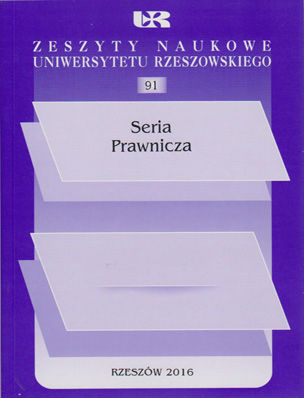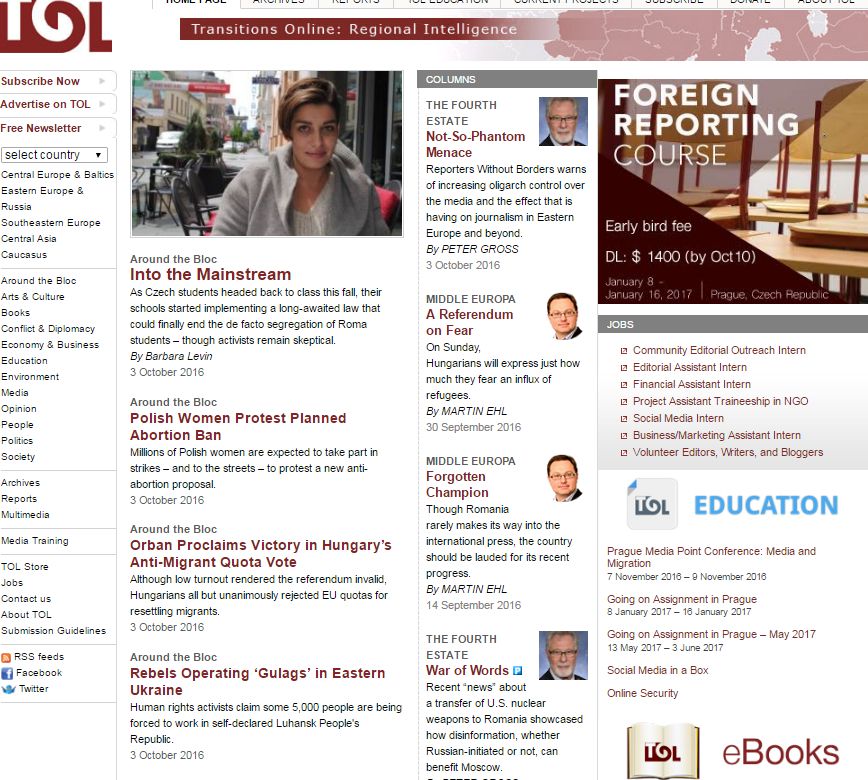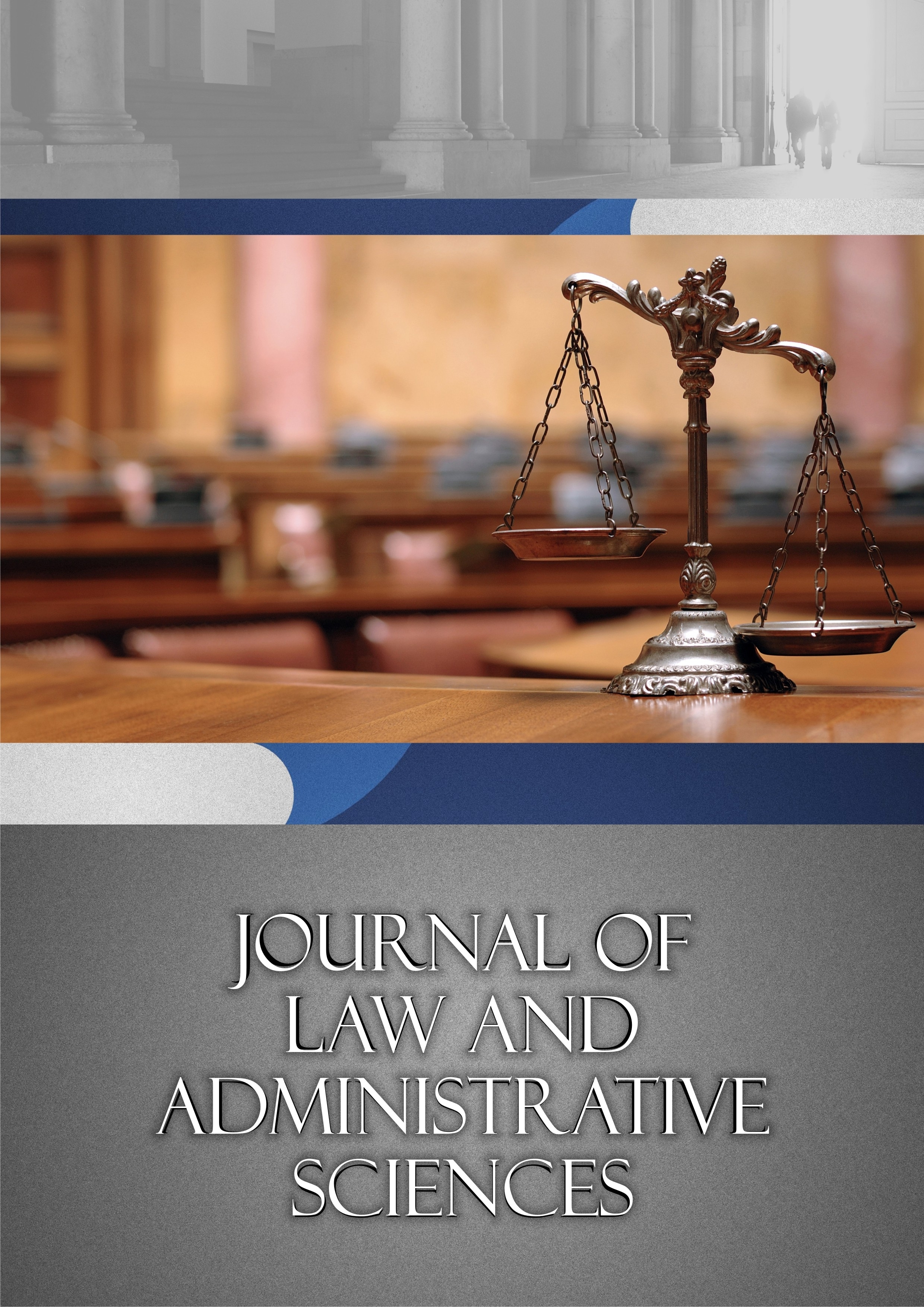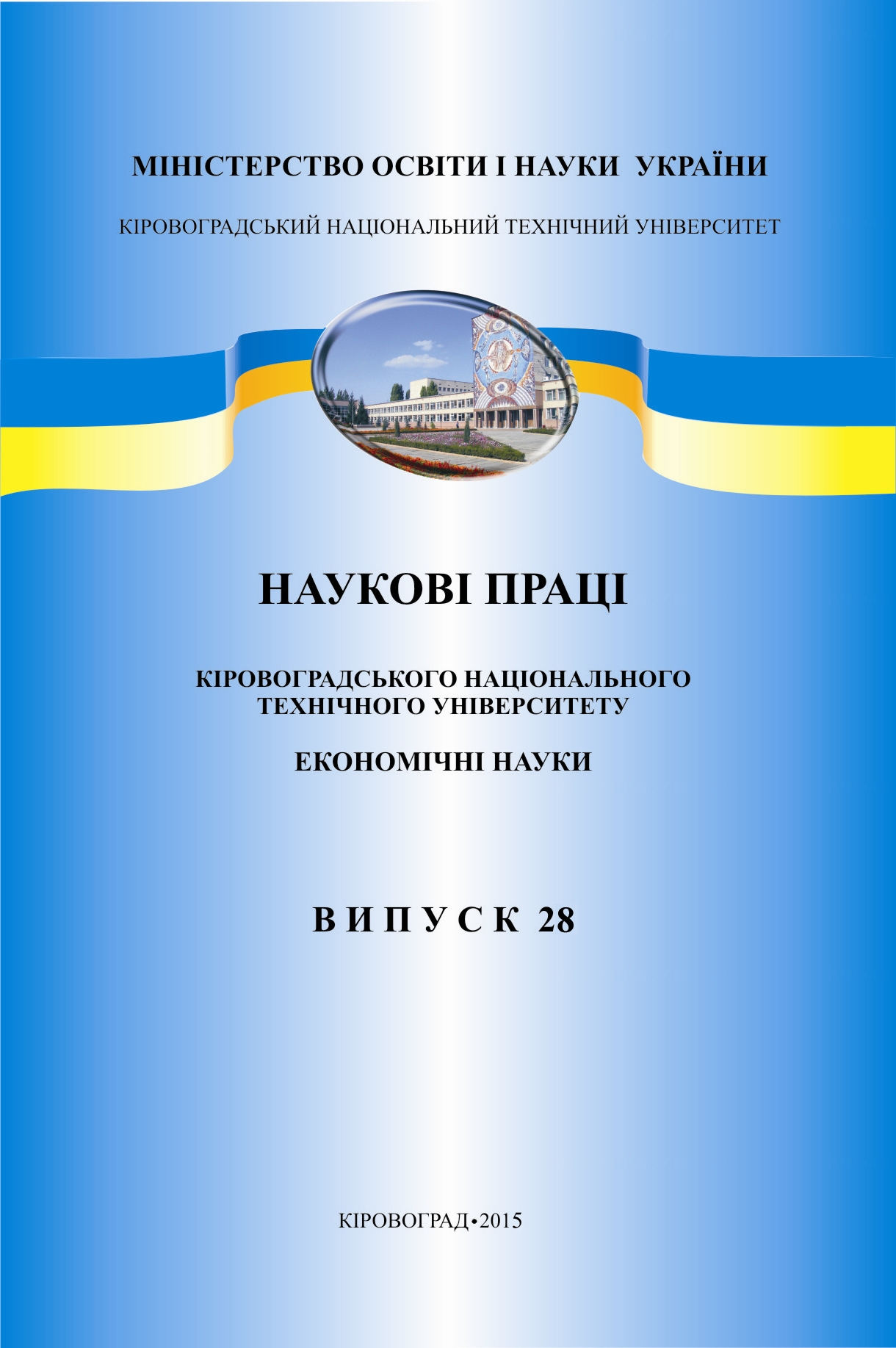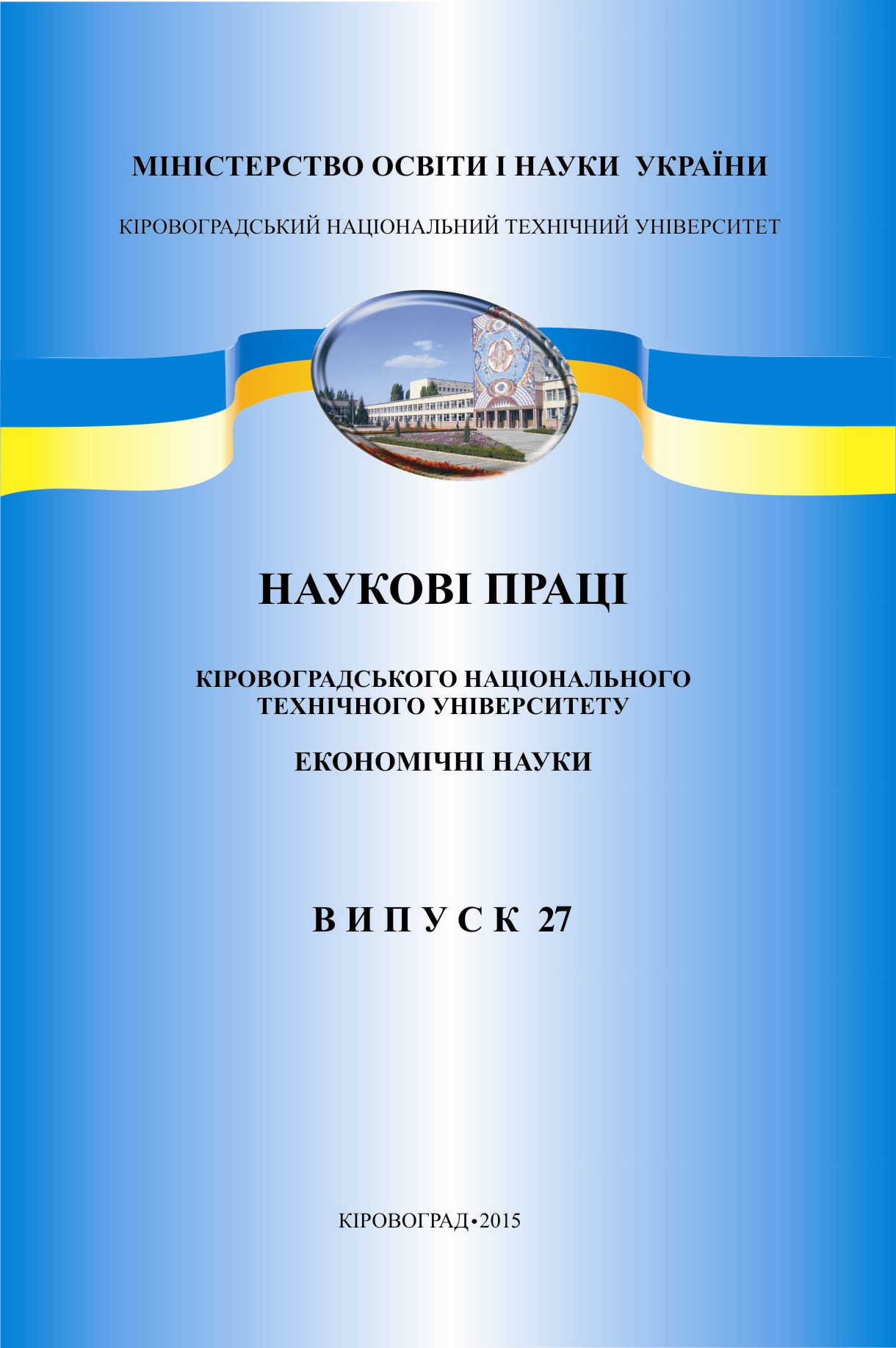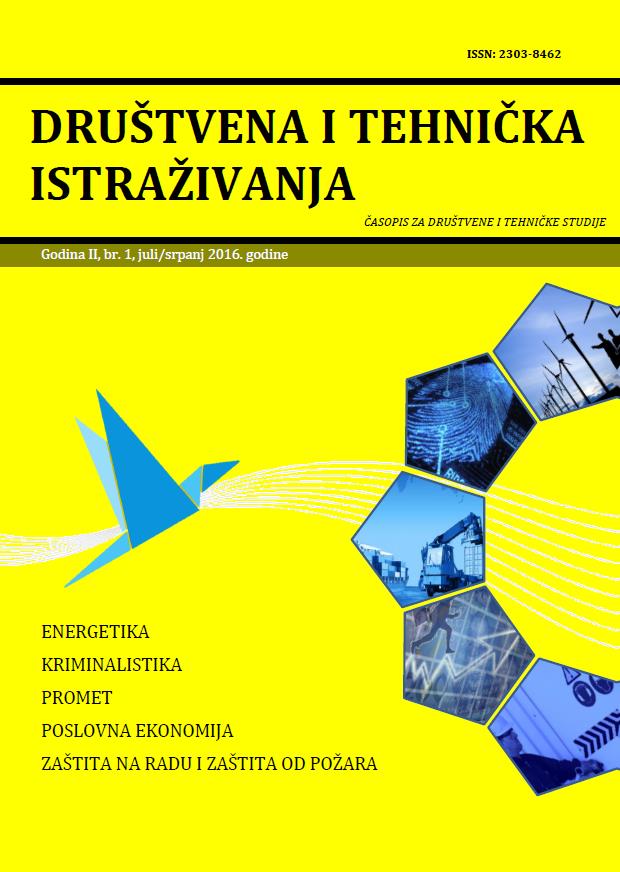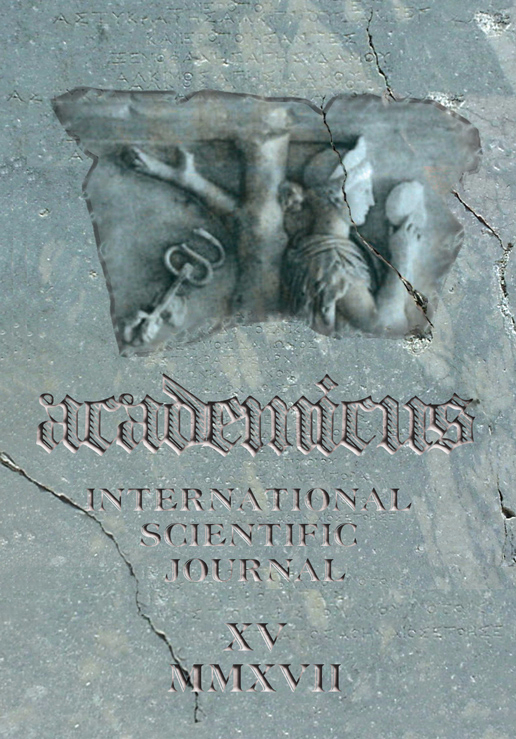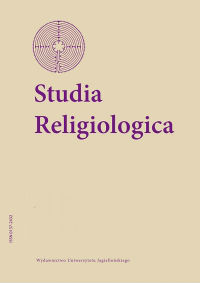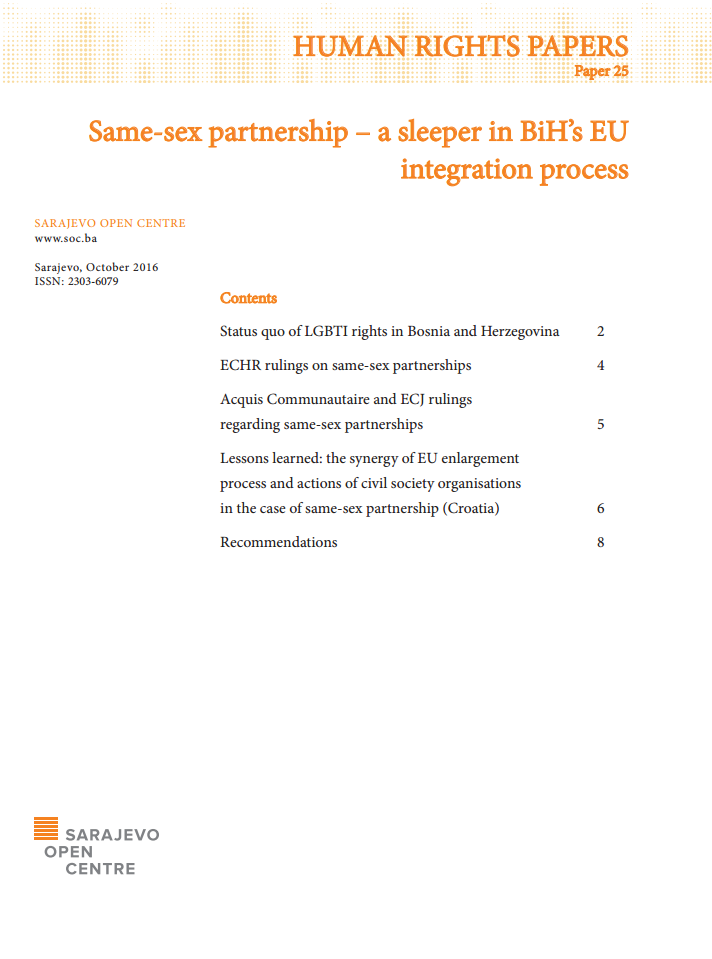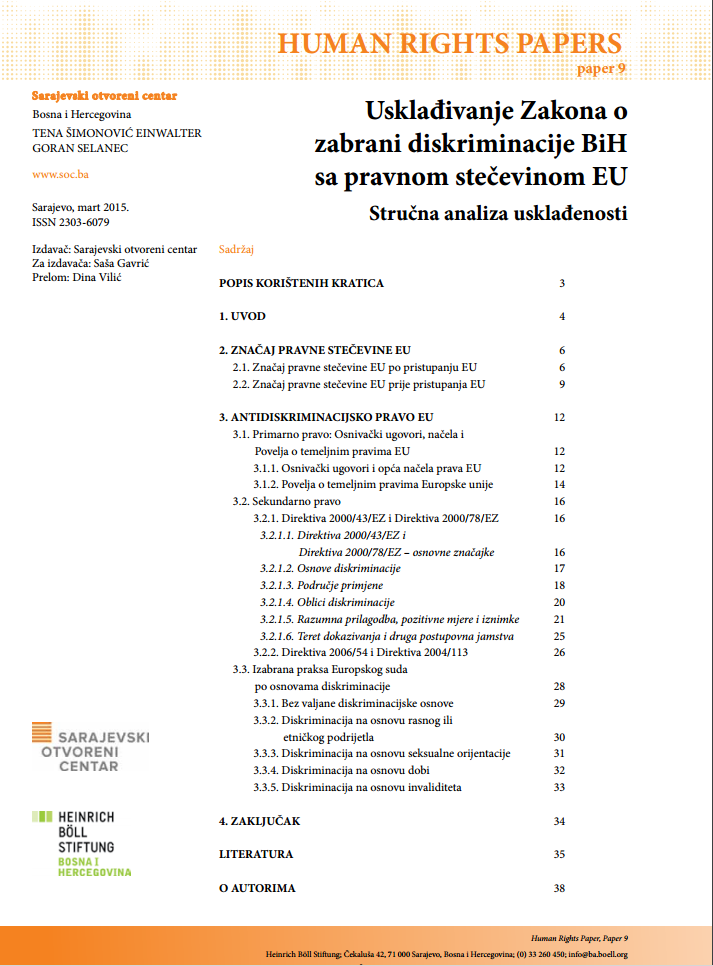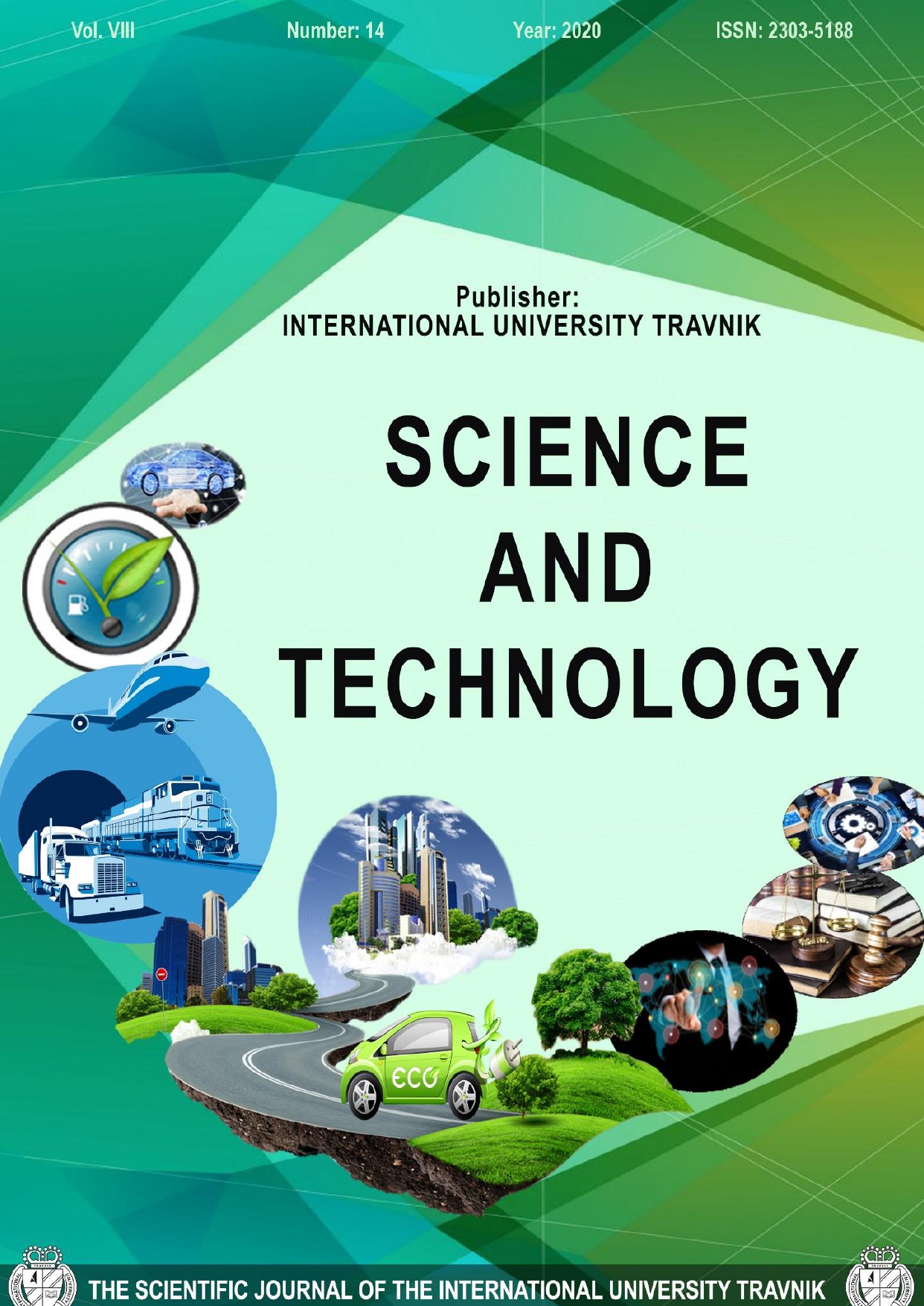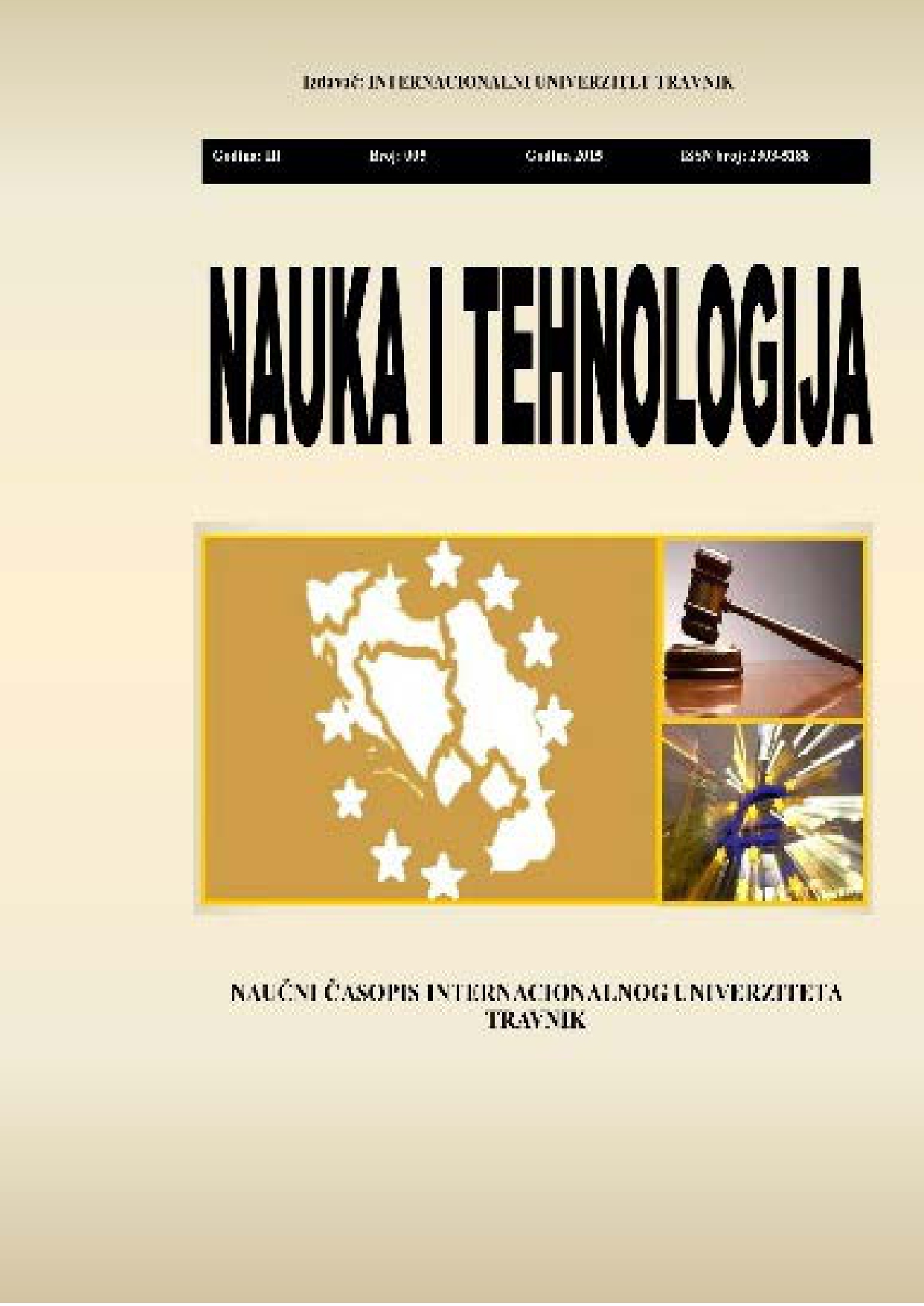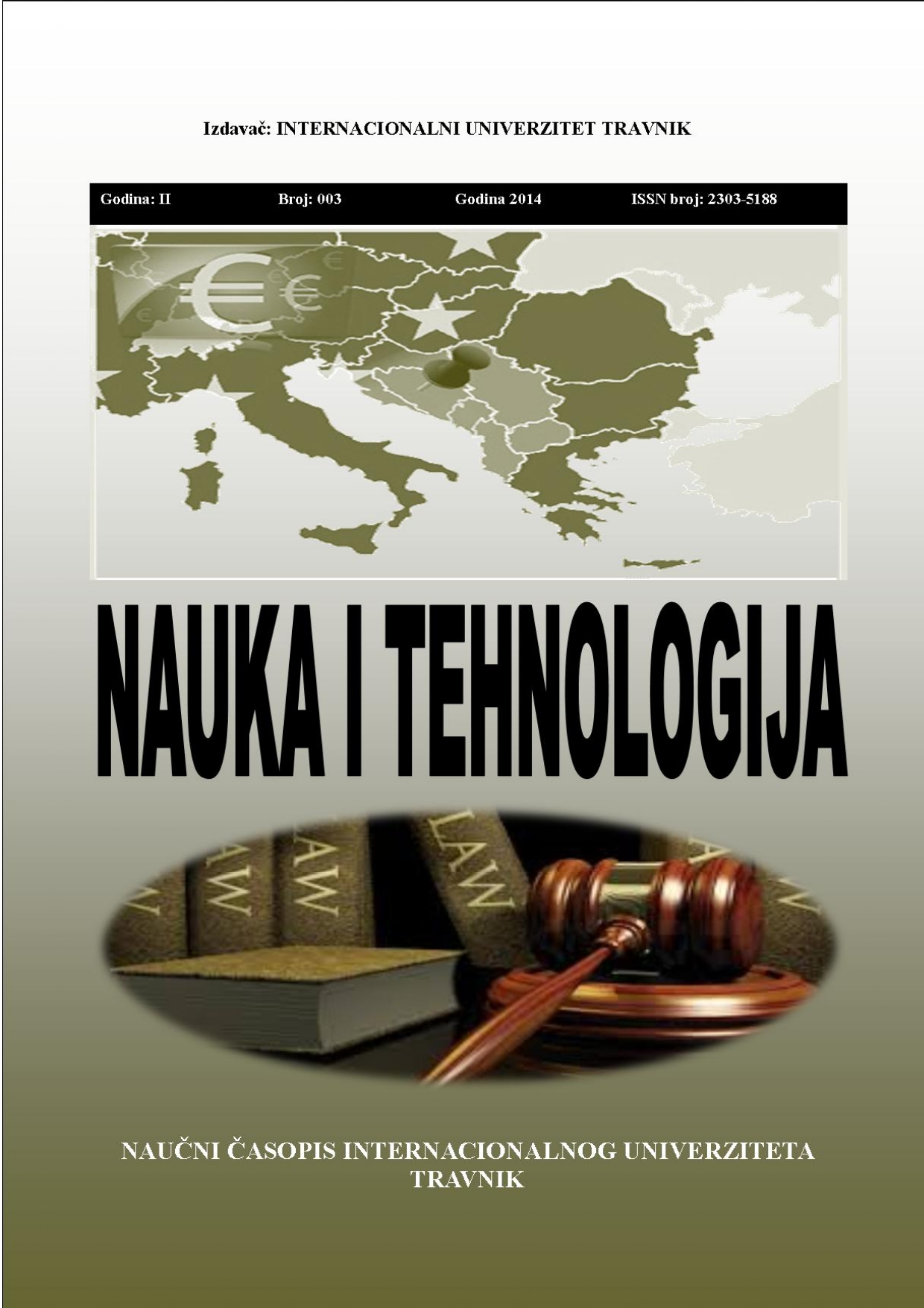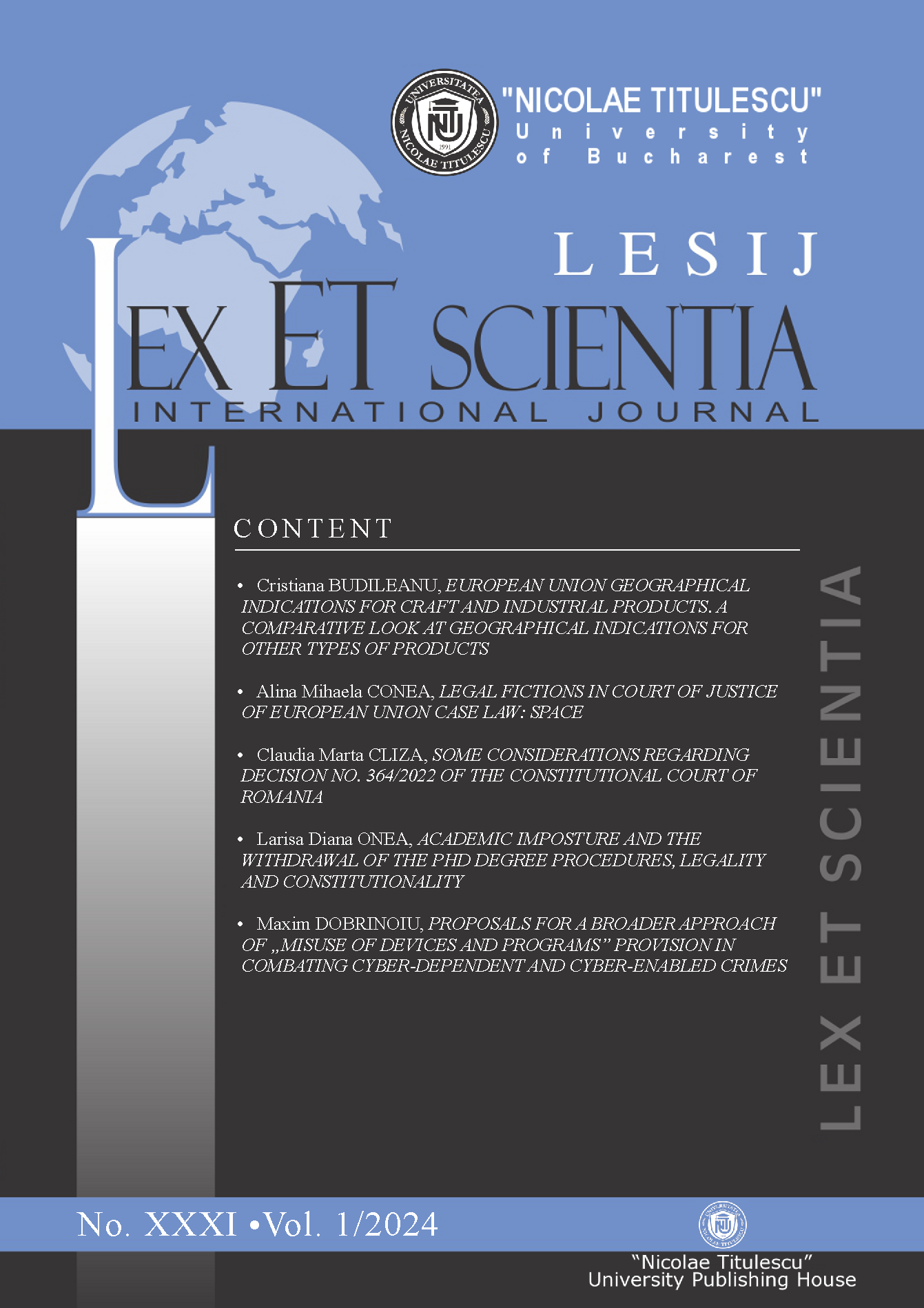Author(s): Mladen Bodiroža,Gordana Erić-Bodiroža,Stevan Petković / Language(s): Bosnian
Issue: 3/2014
In the following, our attention will be focused on the analysis of a number of significant issues related to specific and basic features of economic, political and legal system of the European Union. We have tried to reach findings that could show a balance. In basic, the starting point of our analysis was a complex system of the European Union as "an unusual occurrence" and the specific national political systems of member states, as well as a number of those issues and systems that provide the basic characteristic of the total international politics. In this sense, we started from the fact that the European Union as a union of 27 states of Europe, is based on common interests, institutions and legal acts of the Member States. Then, the specificity of the political system is based on a complex relation between the two scientific disciplines: international political and economic relations and scientific research discipline system, i.e. common foreign and security policy, monetary union, common trade, the legal system and a number of different institutions. Related to mentioned, we will discover the answer to the central question which is how in practice all parts of this extremely complex economic, political and legal system operate. This is especially due to the fact that the European Union has a network of different institutions, economic, political, legal, commercial and other, branched throughout the world which enables EU to design and implement complex economic and political system. Besides a numerous of foreign embassies accredited to the European Union in Brussels, the Commission has more than 120 delegations in third countries. Their role is to develop bilateral relations with nations that differ significantly in terms of size and resources, thereby promoting policies and values of the European Union. In addition to frequent meetings of ministers and their representatives in parliament, the European Union conducts regular summits, once or twice in a year, with larger partners such as the United States, Japan, Russia and Canada. Then, the European Union presents its views to different multilateral institutions such as the United Nations, theWorld Bank and the Organization for Security and Cooperation, with which is engage in achieving a common goal, which is to establish peace and security in the world. Previous statements indicates that all economic, legal and political changes taking place in the world requires from the European Union improvement of its foreign and domestic policy and strategic priorities. The way the EU does that is expanding and deepening its contacts with partners around the world and including political, economic and commercial dimension to these relationships in almost all countries of the world, whether it is a country of Global rich North or Global poor South.
More...
